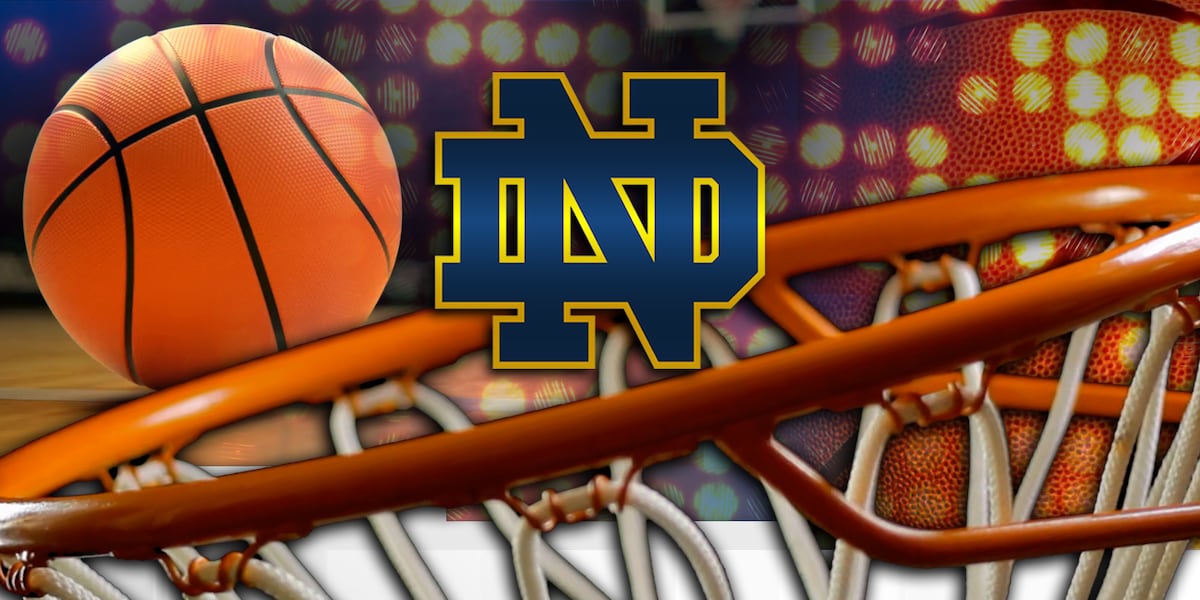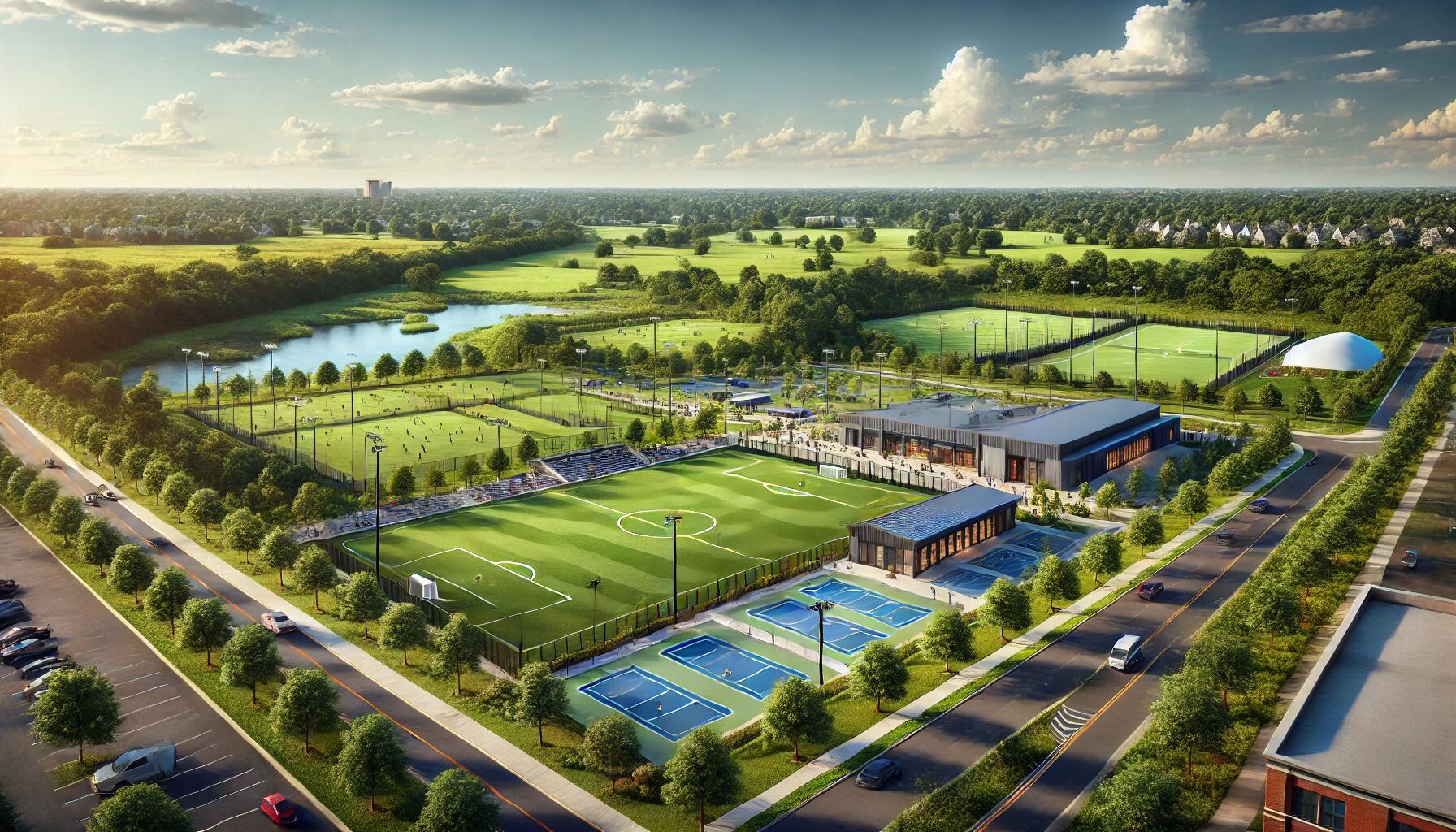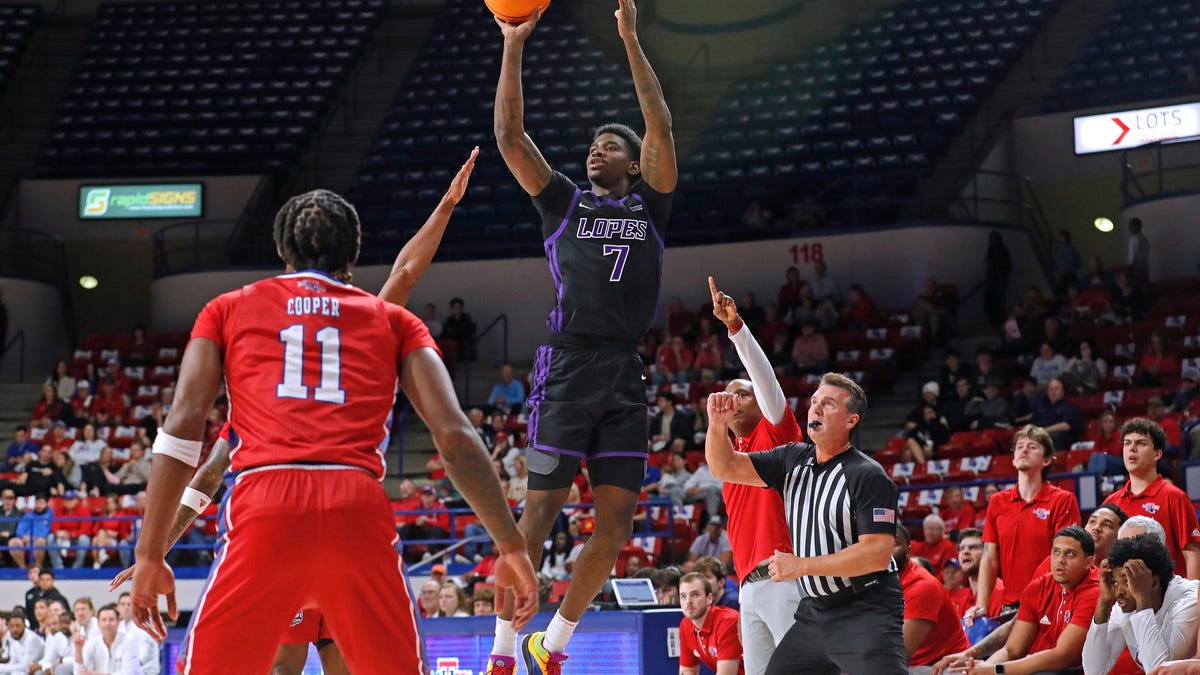Maryland
Maryland figures things out in 2nd half, dumps South Alabama
/cloudfront-us-east-2.images.arcpublishing.com/reuters/4A5XM2JA2JIONL4QQUIIFIXIWI.jpg)
[1/24]Nov 25, 2023; Columbia, Missouri, USA; Missouri Tigers forward Noah Carter (35) celebrates after scoring during the first half against the Loyola (Md) Greyhounds at Mizzou Arena. Mandatory Credit: Jay Biggerstaff-USA TODAY Sports Acquire Licensing Rights
November 26 – Julian Reese collected 19 points, 15 rebounds and four blocks, helping propel Maryland to a 68-55 win over South Alabama on Saturday night in College Park, Md.
Donta Scott contributed 19 points and seven rebounds and Jahmir Young added 16 points as Maryland (3-3) dominated inside to win its second straight.
Jordan Geronimo contributed 14 points and six rebounds for the Terrapins, who trailed for much of the first half before pulling away after intermission.
In notching his third double-double this season, Reese made 7 of 8 shots from the floor.
Maryland out-rebounded South Alabama 42-26 and had a big edges on second-chance points (16-5) and points in the paint (36-20).
Julian Margrave scored 18 points and Isiah Gaiter added 17 to pace South Alabama (4-4) of the Sun Belt Conference.
The Jaguars made 50 percent of their shots in the first half, including 4 of 7 (57.1 percent) from beyond the arc. But they faded badly after the break, hitting just 32.3 percent from the floor, including 1 of 10 from deep.
Meanwhile, Maryland continued its struggles from 3-point range, hitting just 5 of 31 attempts (16.1 percent). Their success rate from long range fell to 21.4 percent for the season.
The Terrapins were much more reliable inside the arc, where they made 19 of 26 shots (73.1 percent).
After Reese, Scott, Young and Geronimo, the rest of the Terrapins missed all 12 of their shots from the floor.
After leading at the break 29-26, Maryland took control by out-scoring South Alabama 23-4 in the first 6:12 of the second half.
Reese led the onslaught, scoring 10 points during the spree. Geronimo added six points and Scott drained a trey during the run, which gave the Terrapins their biggest lead of the night, 52-30.
In the first half, Maryland struggled with the active zone defense of South Alabama, which held the Terrapins to seven points in the first eight minutes.
Over the first 12 minutes, the Jaguars got 3-pointers from four players and led by as many as five points.
The Terrapins got their first lead as Scott scored half of the points in an 8-0 run, which put them up 23-18.
–Field Level Media
Our Standards: The Thomson Reuters Trust Principles.

Continue Reading
Maryland
Freezing Monday morning in Maryland

Watch CBS News
Be the first to know
Get browser notifications for breaking news, live events, and exclusive reporting.
Maryland
No. 3 Notre Dame women defeat Loyola Maryland 97-54

SOUTH BEND, Ind. (AP/WNDU) – All-American point guard Hannah Hidalgo scored 33 points and graduate guard Olivia Miles posted the fifth triple-double of her career as No. 3 Notre Dame (10-2) beat Loyola Maryland (5-5) 97-54 on Sunday.
Hidalgo’s 33 points is two short of her career high. She also had five steals to spark a 20-0 advantage for Notre Dame in fast-break points.
Miles scored 18 points, grabbed 11 rebounds and kicked out 10 assists. She is the only player in the nation averaging at least 17 points, 6 rebounds and 6 assists a game.
Liatu King scored 18 points and had 10 rebounds for her seventh double-double of the season.
The Fighting Irish, who have now wrapped up non-conference play, are off until Virginia visits South Bend on Dec. 29. Tipoff is set for 12 p.m. EST on the ACC Network.
Copyright 2024 The Associated Press. All rights reserved. Copyright 2024 WNDU. All rights reserved.
Maryland
Pelicana Chicken to Open First Maryland Location Next Month – The MoCo Show

Maryland
This past summer, we let you know that Pelicana chicken signed on to take over the space that was the longtime home of Woodside Deli in Rockville at 4 N Washington Street, according to Federal Realty. Woodside Deli closed in the summer of 2022 after 12 years at Rockville’s Courthouse Center.
This will be the first Maryland location for Pelicana Chicken, which has nearby locations in Annandale and Sterling, VA. Pelicana Chicken has stated that it’s currently hiring and anticipates an early January 2025 opening.
Per the restaurant: Pelicana Chicken was established in 1982 in Daejeon, South Korea. Since its inception, Pelicana has expanded to over 3000 stores and continues to grow aggressively abroad. Pelicana Chicken’s success is attributed to its variety of delicious sauces, chicken selections, and fresh ingredients.
-

 Politics1 week ago
Politics1 week agoCanadian premier threatens to cut off energy imports to US if Trump imposes tariff on country
-
/cdn.vox-cdn.com/uploads/chorus_asset/file/25789444/1258459915.jpg)
/cdn.vox-cdn.com/uploads/chorus_asset/file/25789444/1258459915.jpg) Technology1 week ago
Technology1 week agoOpenAI cofounder Ilya Sutskever says the way AI is built is about to change
-

 Politics1 week ago
Politics1 week agoU.S. Supreme Court will decide if oil industry may sue to block California's zero-emissions goal
-
/cdn.vox-cdn.com/uploads/chorus_asset/file/25546252/STK169_Mark_Zuckerburg_CVIRGINIA_D.jpg)
/cdn.vox-cdn.com/uploads/chorus_asset/file/25546252/STK169_Mark_Zuckerburg_CVIRGINIA_D.jpg) Technology1 week ago
Technology1 week agoMeta asks the US government to block OpenAI’s switch to a for-profit
-

 Business1 week ago
Business1 week agoFreddie Freeman's World Series walk-off grand slam baseball sells at auction for $1.56 million
-
/cdn.vox-cdn.com/uploads/chorus_asset/file/23951353/STK043_VRG_Illo_N_Barclay_3_Meta.jpg)
/cdn.vox-cdn.com/uploads/chorus_asset/file/23951353/STK043_VRG_Illo_N_Barclay_3_Meta.jpg) Technology1 week ago
Technology1 week agoMeta’s Instagram boss: who posted something matters more in the AI age
-
News1 week ago
East’s wintry mix could make travel dicey. And yes, that was a tornado in Calif.
-
/cdn.vox-cdn.com/uploads/chorus_asset/file/24924653/236780_Google_AntiTrust_Trial_Custom_Art_CVirginia__0003_1.png)
/cdn.vox-cdn.com/uploads/chorus_asset/file/24924653/236780_Google_AntiTrust_Trial_Custom_Art_CVirginia__0003_1.png) Technology2 days ago
Technology2 days agoGoogle’s counteroffer to the government trying to break it up is unbundling Android apps


















